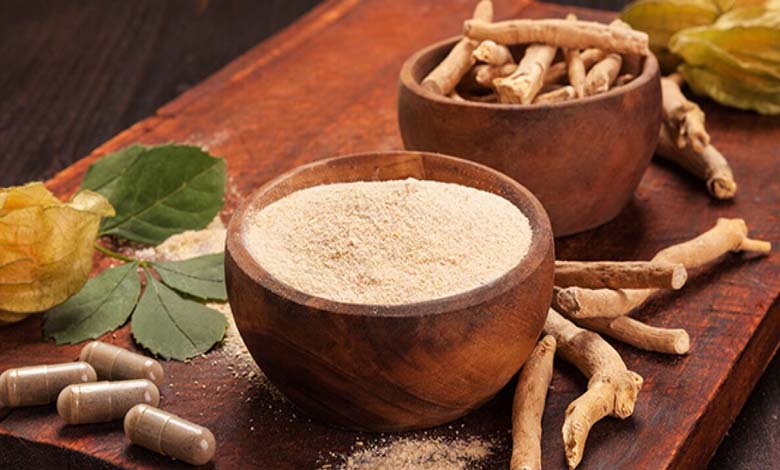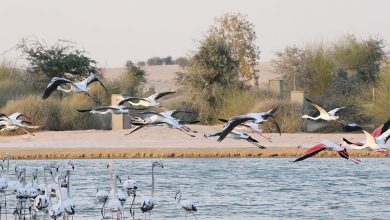Ashwagandha: The Secret of the Ayurvedic Herb to Enhance Cognitive Abilities

Ashwagandha, also known as “Indian ginseng,” is one of the most treasured medicinal herbs in Ayurveda, the traditional system of medicine from India. For centuries, this adaptogenic plant has been used to revitalize the body, calm the mind, and improve brain functions. Today, modern science is confirming what ancient wisdom has long known: ashwagandha is a powerful ally in boosting cognitive abilities.
-
Replacing Sodium with Potassium Salt: Does It Reduce Heart Risks?
-
Why Does Food Taste Different on Airplanes?
What is Ashwagandha?
Ashwagandha (Withania somnifera) is a multi-beneficial herb rich in withanolides – natural compounds with anti-inflammatory and antioxidant properties. It acts as a tonic for the nervous system. By reducing cortisol levels (the stress hormone), it helps stabilize mood, enhances memory and focus, and supports better stress management.
Scientifically proven cognitive benefits
Several clinical studies have highlighted the cognitive-enhancing effects of ashwagandha. It can help:
- Reduce anxiety and stress, leading to improved mental clarity.
- Enhance memory and learning capacity.
- Boost focus and concentration, especially for those with demanding mental workloads.
- Support long-term brain health, particularly in aging individuals.
-
Ginger and Turmeric: “Hidden” Side Effects
-
Black Cumin : A Natural Anti-Inflammatory Stronger Than Turmeric and Ginger
How to use it?
Ashwagandha is available in various forms: capsules, powders, teas, or liquid extracts. As a supplement, it is typically taken in the morning or evening to calm the mind and sharpen focus. It is advisable to consult a healthcare professional before starting supplementation, especially if you are on medication.
A super-ingredient for modern well-being
In an age where mental fatigue and chronic stress are increasingly common, ashwagandha stands out as a natural, effective, and lasting solution. Rooted in its Ayurvedic heritage, this ancient plant reminds us that nature’s treasures can also be our brain’s best allies.












